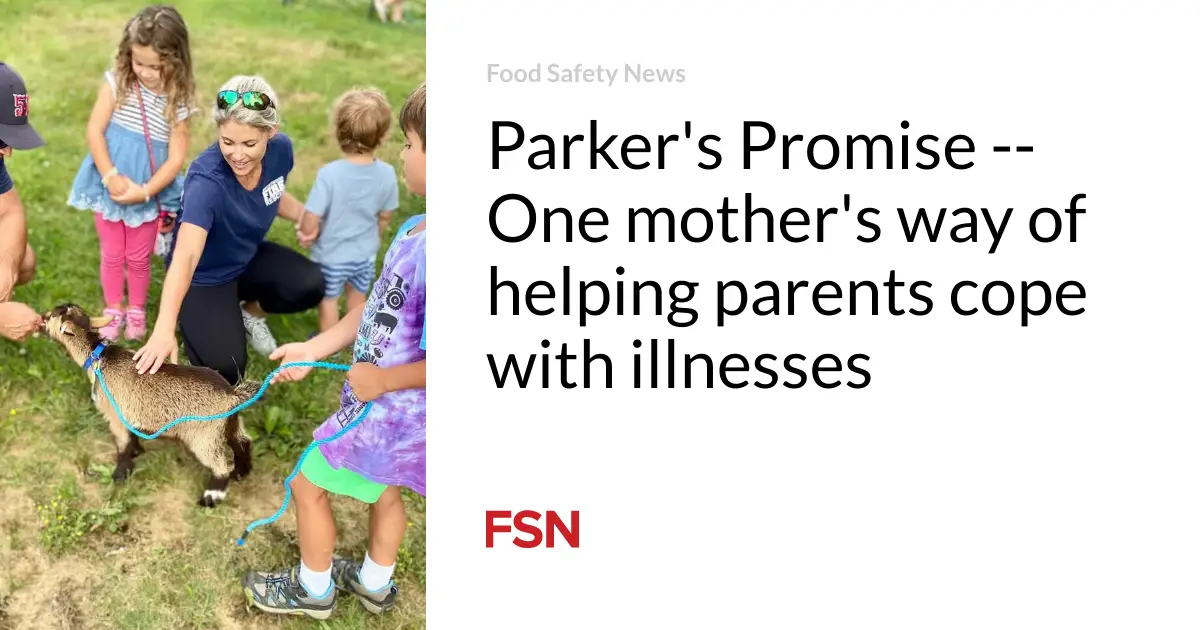Perinatal mental illness affects up to almost a third (27%) of new and expectant mothers across England and covers a range of conditions including postpartum depression and postpartum psychosis. A Guardian analysis of NHS figures has shown that for instances of perinatal mental illness that result in hospital admissions, black patients are more than twice as likely to be admitted than their white counterparts.
Part of the reason why black mothers are more at risk of perinatal mental illness is because black people are more at risk of experiencing mental illness in general.
In England, black people are more than four times more likely to be detained under the Mental Health Act, and more than 10 times more likely to be subject to a community treatment order.
Dr Lade Smith, the president of the Royal College of Psychiatrists, said thiswas because factors such as “poverty, housing insecurity and discrimination increase the likelihood of all mental disorders”.
She added: “If you’re black, you’re at a higher risk of being socially disadvantaged and this means you’re also more likely to have a mental illness.”
Sandra Igwe, the founder of the Motherhood Group, an organisation dedicated to supporting black maternal health, said the stigmas surrounding mental health, as well as racism, could play a part in the disparity.
The Motherhood Group hosts support groups, workshops and works with NHS trusts to provide cultural competency training for black maternal healthcare.
“Many of the mothers we work with have shared how they often feel unseen, unheard and misunderstood by healthcare providers,” Igwe said. “There can be cultural stigmas around mental health that make it harder to seek help.
“Black women also disproportionately experience stressors like the weight of systemic racism. All of this compounds the already overwhelming transition to motherhood.
“There also needs to be more open and honest dialogue to break down the stigmas that persist in our communities. We need to normalise talking about maternal mental health and seeking help. Black mothers should feel empowered and supported, not ashamed and alone.”
Dr Katie Marwick, a senior clinical research fellow at the University of Edinburgh and honorary consultant psychiatrist with NHS Lothian whose research areas include perinatal mental illness and psychiatry, said the increased frequency of admissions in black women in the six weeks postpartum was driven by stigma, but also the fact that women from minority ethnicbackgrounds are less likely to access community perinatal services and so are more likely to present at crisis point.
“It is well established that psychotic disorders are more common in people who have migrated into Europe, or their children, in particular black people,” Marwick said.
“This doesn’t reflect an increased risk of psychosis in people of that ethnicity wherever they live, it is something to do with moving country and may be driven by language barriers and social disadvantage. Although the perinatal period has been little studied so far it is plausible that there is an increased risk of psychotic illness for black women during this time period too.”
She added that this could be due to access to services. “Women from ethnic minorities may not be aware of services or avoid accessing them and this sometimes relates to experiencing negative attitudes or cultural insensitivity from professionals and feeling dismissed,” she said.
“All of these factors could lead to women presenting later to services with more severe symptoms.”
Dr Nicole Votruba, a senior research fellow in the Nuffield Department of Women’s and Reproductive Health, said research showed that “stark disparities” persisted for women from minority ethnic groups in accessing and receiving perinatal mental health care in the UK, and may be related to socioeconomic factors and stigma.
She added: “Stigma is one major barrier, meaning that women may not be able to seek or receive the support they need, or not in the ways they need it. For example, women might be scared to reveal their mental health struggles for fear of seeming incapable as a mother. And socioeconomic inequalities, and cultural and language barriers often reinforce the mental healthcare gap for women from ethnic minority groups.”
“The women’s health strategy for England has highlighted the need to tackle these inequalities. We need to better understand what is happening in a woman’s journey from the onset of her mental health problems to her admission to hospital.
“How can we support women from ethnic minority groups to access perinatal mental health care in their communities? How can we develop community services that are culturally sensitive, to support women early and help prevent the onset of more severe perinatal mental illness.”








